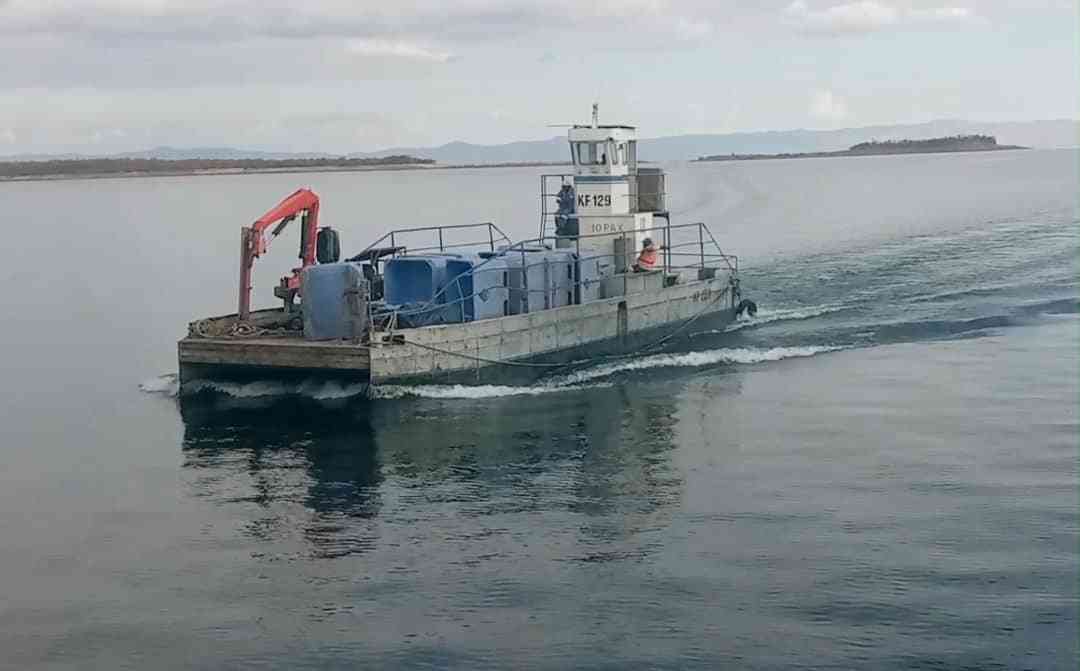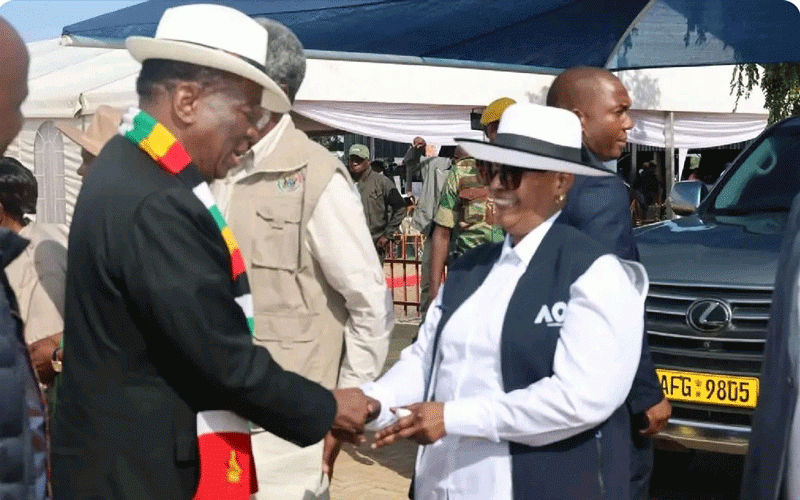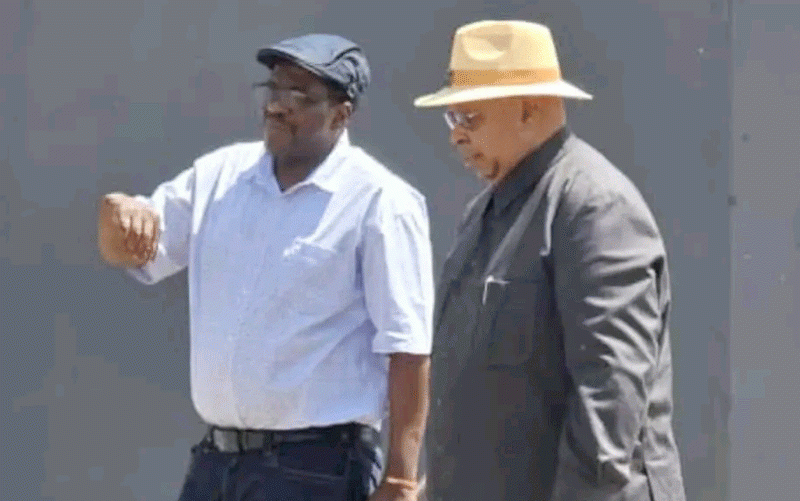
BY PRIDE MZARABANI AUTHORITIES at St Paul’s Musami mission hospital in Murewa have sent an SOS seeking assistance for material resources to enable the health centre to operate at optimum levels.
The 150-bed hospital was established in the 1940s, and serves a population of up to 50 000.
The hospital’s medical superintendent, Chris Chivinge painted a sad state of affairs at the health delivery institution in an interview with The Standard.
“We transfer expecting mothers to Marondera Provincial Hospital for caesarean section as the hospital does not have an anaesthetic machine. This brings about delayed service to maternity cases needing caesarean section,” Chivinge said.
“The hospital has three ambulances but two are broken down and have proven costly to repair.
“Instruments for maternal deliveries and protective clothing need to be sterilised. Our machine is malfunctioning and an autoclaving machine will be of help.”
According to Chivinge, rolling power cuts were severely affecting operations at the hospital which has no back-up generator.
“During power outages which sometimes can go up to 8 hours during the night we have to rely on using torches for light,” he said.
- Chamisa under fire over US$120K donation
- Mavhunga puts DeMbare into Chibuku quarterfinals
- Pension funds bet on Cabora Bassa oilfields
- Councils defy govt fire tender directive
Keep Reading
Francis Dzanya, the board chairperson, said they were also in need of a tuberculosis (TB) x-ray machine for screening for pulmonary TB for HIV positive patients.
“Tuberculosis is by far the most common opportunistic infection in people living with HIV. It is a leading cause of morbidity and mortality in this group of patients,” Dzanya said.
“It is because of these figures that the hospital is mandated to screen for TB in people living with HIV at every visit, and an x-ray machine is key.
“But the hospital does not have an X-ray machine. We have no choice but to send away many patients to other hospitals and private radiology units.
“This not only puts the hospital’s patients in a position of disadvantage because they are exposed to much more expensive charges for the radiographs, but also the strenuous travelling is not good for patients.”
Owing to lack of budgetary support, the hospital has to rely on daily collection fees to fund its operations, Dzanya said, adding the money was not enough.
“It is this income that the hospital uses to sustain the services it offers to patients. The x-ray machine gave a huge contribution to the hospital service fund. Now that it’s no longer functioning, the revenue collection has significantly dropped, it is difficult to sustain other services,” he said.
“We serve the most vulnerable members of our community, the poor and disadvantaged. We are there to enable patients to live their lives to the fullest, experience love and what it means to be understood and cared for during hardships.
“We aim to improve the quality of life and to provide affordable but top class health care service at their doorstep. But to do so we need modern equipment and new facilities to address the needs of our community.”









